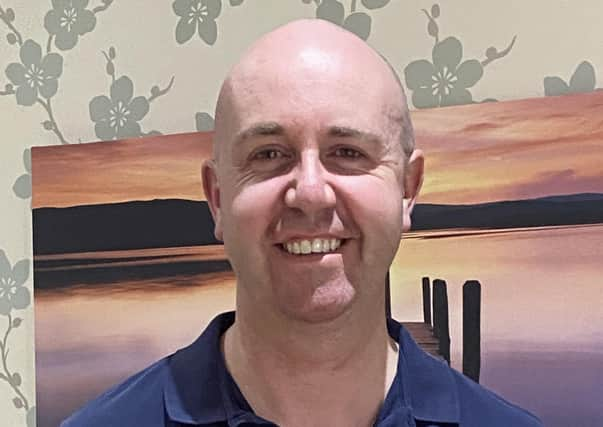Finding the right, fully-qualified counsellor for you and your needs


The reality is that the counselling profession is not as fully regulated as a solicitor practicing law, for example, although future government regulation will be coming to resolve this.
What this means is that anybody can set up a website or social media page and call themselves a counsellor - even if they have no qualifications or formal training.
Advertisement
Hide AdAdvertisement
Hide AdRest assured there are plenty of wonderful, fully qualified and accredited counsellors out there ready to help you on your healing journey, so before you book your first counselling session here are some things to consider.
Make sure that they are registered with a professional body: The two main professional counselling bodies are the British Association for Counselling and Psychotherapy (BACP) and the National Counselling Society (NCS).
Most counsellors will also be accredited or working towards their accreditation with those professional bodies but what this means is those organisations have a Code of Ethics and Standards of Practice in place that they must abide by to protect both the client and counsellor.
Ask them about their qualifications: Counsellors can often have a lot of letters after their names, and it can be confusing to figure out what those letters stand for. Do not be afraid to ask about what type of training they have undertaken.
Advertisement
Hide AdAdvertisement
Hide AdA fully and professionally trained counsellor will have no issue at all telling you about their qualifications because it has taken us many years to gain the skills and knowledge we have, and we are proud of having that level of training.
If the counsellor is very vague or does not want to tell you about their qualifications, maybe they are not the right fit for you.
Do they have professional insurance in place: Make sure that the counsellor has professional public liability and indemnity insurance in place, which is a non-negotiable for running a counselling practice.
Do they have regular supervision once a month: Being registered with a professional body means counsellors usually will have supervision at least once a month.
Advertisement
Hide AdAdvertisement
Hide AdSupervision is a valuable way of checking in with a more experienced counsellor to allow the counsellor to ensure they are working within their level of capabilities, maintaining ethical boundaries and is fundamental to providing safe, ethical and competent counselling.
Does the counsellor have experience in the area you would like to talk about: Many counsellors will be able to offer counselling for a variety of mental health issues while others will have taken on extra training and specialise in certain areas.
Areas such as children’s counselling, addiction and couples counselling to name a few require specialised training, so again do not be afraid to ask what qualifications they have taken that allow them to specialise in those areas and how much experience they have working with these issues.
Online Counsellor Directories: Finding a therapist online has become much easier with technology and some of the common websites that counsellors advertise on are: The Counselling Directory, Psychology Today, BACP and NCS.
Advertisement
Hide AdAdvertisement
Hide AdTake your time and sit down with a cuppa and read through the therapist profiles as this will help give you a feel for what the counsellor can offer from a professional standpoint and gives you an insight into who they are as a person.
It’s all about the relationship: The truth is that the most important aspect for me when it comes to working with clients is the therapeutic relationship I have with that client. Without that you will never make the progress you are looking for in therapy.
Once you have selected a few profiles that you feel could be a good fit for you the next step is to give them a call. Plenty of counsellors will offer an introductory call and this gives you the opportunity to ask some of the questions I have covered in this article and other questions you would like answered.